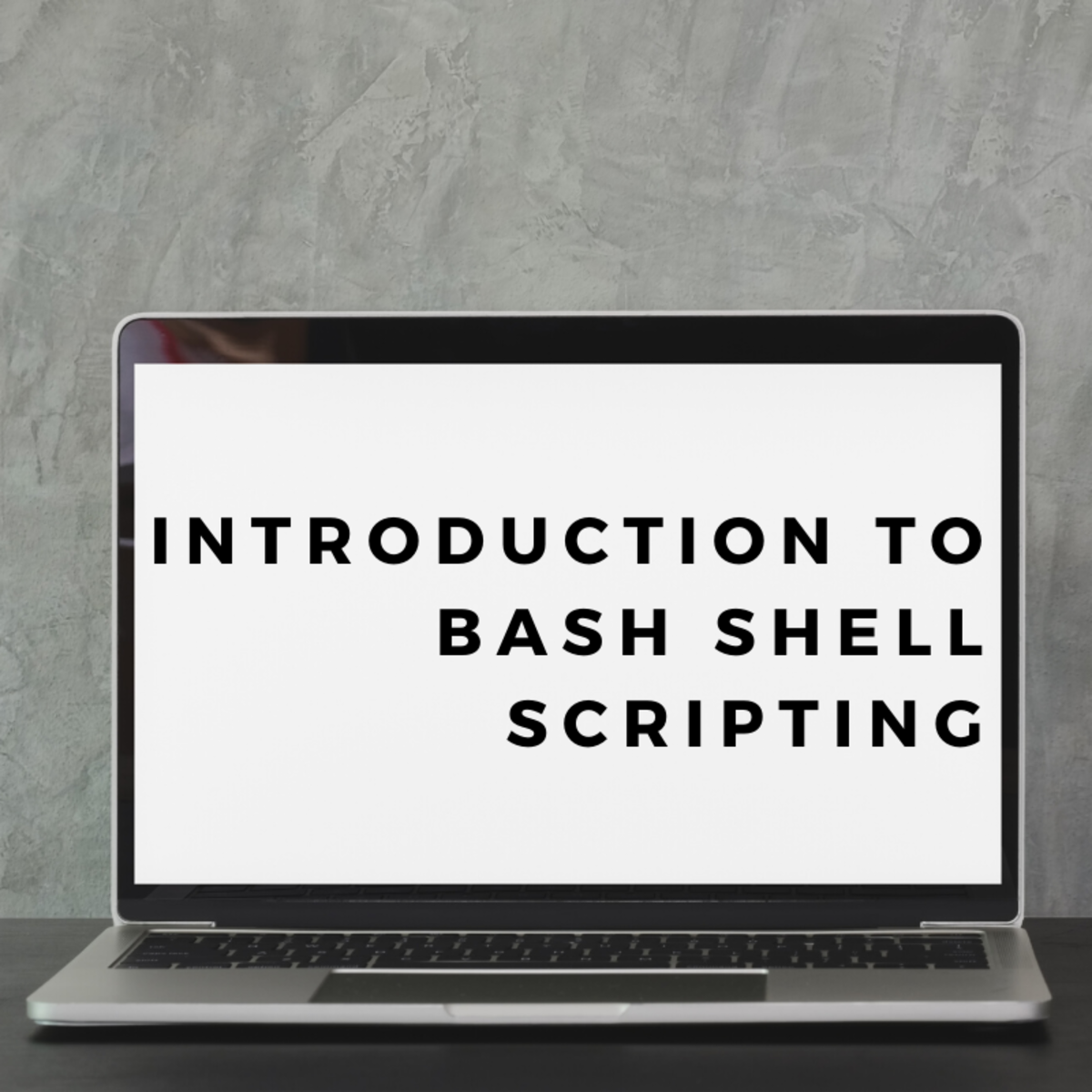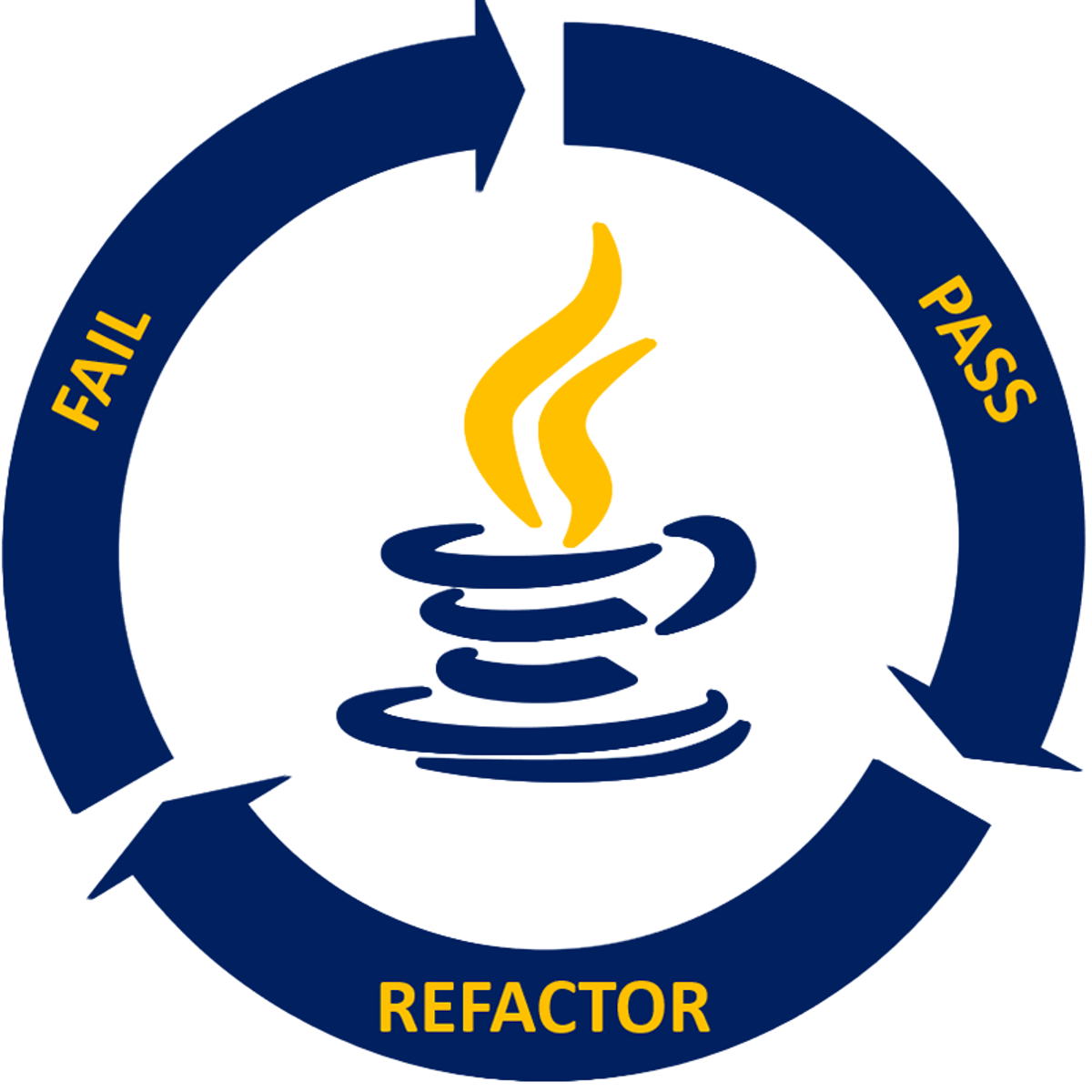Back to Courses









Support And Operations Courses - Page 3
Showing results 21-30 of 203

Build a free website with WordPress
By the end of this project, you will learn how to create a free website in WordPress for personal or commercial purposes.
This guided project is an introduction to WordPress and is designed for people who would like to have their own website.
WordPress offers a large variety of free website design and possibilities to develop a commercial website, a blog, a photo gallery, amongst others, allowing you to create an aesthetically pleasing online platform and/or add value to your business marketing.
After completing this project, you will be able to create a website, select and modify the main features such as a color scheme, a logo or a menu, add pages and create articles. WordPress is an easy and free platform that provides all the tools you need to create an organized and visually appealing product while offering potential added customization and tools at a low price. Everything for your website is available on this platform!

Unix System Basics
Explore Unix system basics without installing anything!
This course is designed for learners with no technical experience, providing a solid foundation of Unix basics. Learners will gain hands-on practice on an Ubuntu system that can be easily transferred to other Unix-based operating systems. The modules in this course cover what characterizes Unix-based operating systems, navigating, searching, and editing files and directories using the command line.
To allow for a truly hands-on, self-paced learning experience, this course is video-free. Assignments contain short explanations with images and runnable examples with suggested edits to explore examples further, building a deeper understanding by doing. You'll benefit from instant feedback from a variety of assessment items along the way, gently progressing from quick understanding checks (multiple choice, fill in the blank, and un-scrambling code blocks) to small, approachable exercises that take minutes instead of hours.

Write basic ansible playbooks
In this 1-hour long project-based course, you will learn how to setup an inventory of hosts which, for our case here, will only contain one hosts, which is the local host. You will learn how to run Ansible ad-hoc commands. Then you will learn what an Ansible playbook looks like, and how to write a playbook to perform basic operations. You will write playbooks to run file tasks and to setup software.
Note: This course works best for learners who are based in the North America region. We’re currently working on providing the same experience in other regions.

Introduction to Bash Shell Scripting
This course will help those new to shells and shell scripting to build a foundation with the Bash shell. We'll learn several Bash shell commands that will allow you to navigate and use the shell for everyday tasks. We will also write a Bash shell script that will back up a directory and email the compressed file, a culmination of all the commands we’ll cover. We will cover:
Not only will you gain the knowledge to customize your system, you will have a solid foundation to expand what you can do with Bash on the command line and in scripts. This beginner-level guided project is perfect for those who have an interest in learning to use a Linux or Unix operating system, whether to gain new skills in IT or software development, or to use an alternative to commercial, proprietary software. Those with no experience in IT, software development, cybersecurity, and more can start here and build on necessary skills for future training and employment.
Note: This course works best for learners who are based in the North America region. We’re currently working on providing the same experience in other regions.

System Administration and IT Infrastructure Services
This course will transition you from working on a single computer to an entire fleet. Systems administration is the field of IT that’s responsible for maintaining reliable computers systems in a multi-user environment. In this course, you’ll learn about the infrastructure services that keep all organizations, big and small, up and running. We’ll deep dive on cloud so that you’ll understand everything from typical cloud infrastructure setups to how to manage cloud resources. You'll also learn how to manage and configure servers and how to use industry tools to manage computers, user information, and user productivity. Finally, you’ll learn how to recover your organization’s IT infrastructure in the event of a disaster.
By the end of this course you’ll be able to:
● utilize best practices for choosing hardware, vendors, and services for your organization
● understand how the most common infrastructure services that keep an organization
running work, and how to manage infrastructure servers
● understand how to make the most of the cloud for your organization
● manage an organization’s computers and users using the directory services, Active
Directory, and OpenLDAP
● choose and manage the tools that your organization will use
● backup your organization’s data and know how to recover your IT infrastructure in the case of
a disaster
● utilize systems administration knowledge to plan and improve processes for IT environments

Cloud Run for Anthos
This is a self-paced lab that takes place in the Google Cloud console. In this lab you'll learn how to get started with Cloud Run on GKE by deploying an existing stateless HTTP container to a GKE instance. This enables you to scale a containerized application without having to manage the underlying infrastructure.

On Premises Installation and Fundamentals with Google Cloud's Apigee API Platform
This course introduces you to the fundamentals and advanced practices applicable to the installation and management of Google Cloud's Apigee API Platform for private cloud.
Through a combination of lectures, hands-on labs, and supplemental materials, you will learn how to design, install, secure, manage, and scale Apigee API Platform.

FinTech Law and Policy
Being a successful FinTech firm requires more than just great technology; it also requires an understanding of the laws and regulations applicable to your business. This course will provide you with that understanding. You will learn about the critical legal, regulatory, and policy issues associated with cryptocurrencies, initial coin offerings, online lending, new payments and wealth management technologies, and financial account aggregators. In addition, you will learn how regulatory agencies in the U.S. are continually adjusting to the emergence of new financial technologies and how one specific agency has proposed a path for FinTech firms to become regulated banks. You will also learn the basics of how banks are regulated in the U.S.
If you are unfamiliar with how these new financial technologies work, fear not. We will begin each new course section with a high-level overview of the underlying technology. While the course is principally focused on the U.S. FinTech industry, we cannot possibly cover every relevant legal and regulatory issue. Therefore, this course should not be construed as legal advice. Rather, the goal of the course is to familiarize you with the key legal and regulatory challenges FinTech firms in various sectors face, as well as the critical policy debates that are occurring in Washington D.C. and state capitals across the country.

Migrate for Compute Engine
This is a self-paced lab that takes place in the Google Cloud console. Use Migrate for Compute Engine to migrate an EC2 instance from AWS to Compute Engine on Google Cloud and verify the migration

Overview of JUnit Testing
This course is a basic introduction to JUnit, covering the essential techniques for testing java code.
Popular Internships and Jobs by Categories
Find Jobs & Internships
Browse
© 2024 BoostGrad | All rights reserved